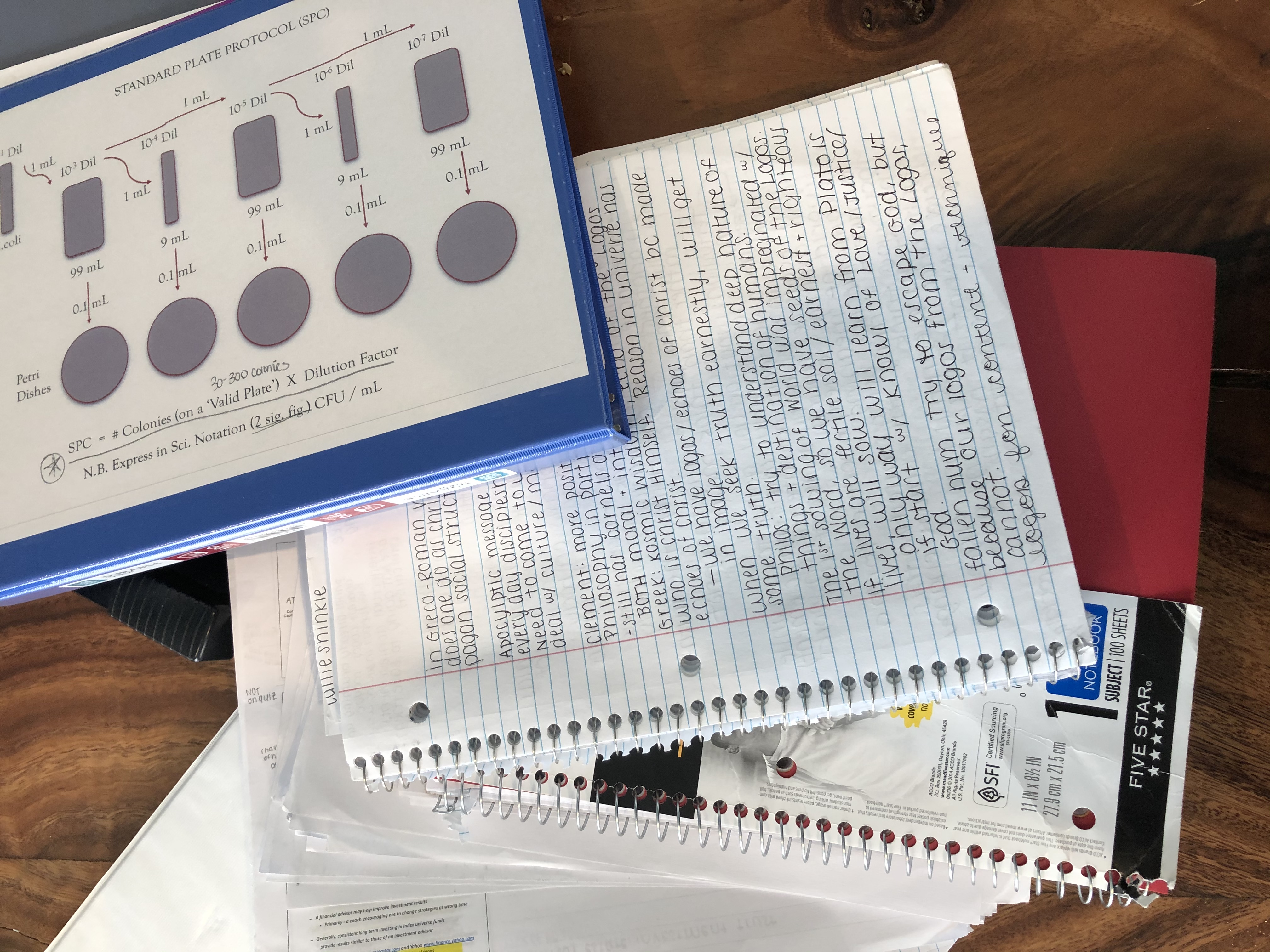You are staring at a long list of assignments, papers, and exams, all of which have fast approaching deadlines. You are stressed, overwhelmed and don’t know how to proceed. Well, take a deep breath and keep reading to discover some helpful tips.
1. Make a List
Now is the time to reread the syllabus you received at the beginning of the semester. Note the important dates of any major assignments for each class – presentations, papers, and exams. Listing these in order of the closest due date will allow you to visualize the amount of time left to complete each and ensure you will have plenty of time to study.
2. Set a Timeline
Look for busy or hectic back-to-back weeks. Thinking about what assignments can be done ahead of time will help you avoid the dreaded night of studying for three exams and writing two papers. The earlier you start your assignments, the better you will feel on your most homework-heavy weeks.
3. Establish a Personal Plan
Everyone handles important assignments differently. In general, it can be helpful to plan two weeks out from a deadline. During the first week, you focus on catching up on any last-minute reading and understanding of harder concepts. In the second week, start preparing an outline for a paper or compiling a study guide for an exam. Your thoughts on the class will be already organized, and you can focus on the assignment at hand.
4. Form Last Minute Study Habits
Planning ahead and being organized is wonderful, but sometimes time flies by and a big exam is only a few days away. Stay calm and focus on the task at hand. Start by reviewing all class notes and dividing them into information that can be read through versus information that needs to be memorized, such as facts and dates. This way you can memorize periodically between re-reading the basic information or working through technical practice problems. Also, try creating study guides that you can use while working through conceptual problems. You can review these notes right before bed and before the exam.
5. Learn from Failure
Not everyone is always happy with the paper they turned in or feels 100% confident with a test that they took. That is perfectly alright. It is important to evaluate what parts of your study process went well and where you can improve for the next major assignment.

